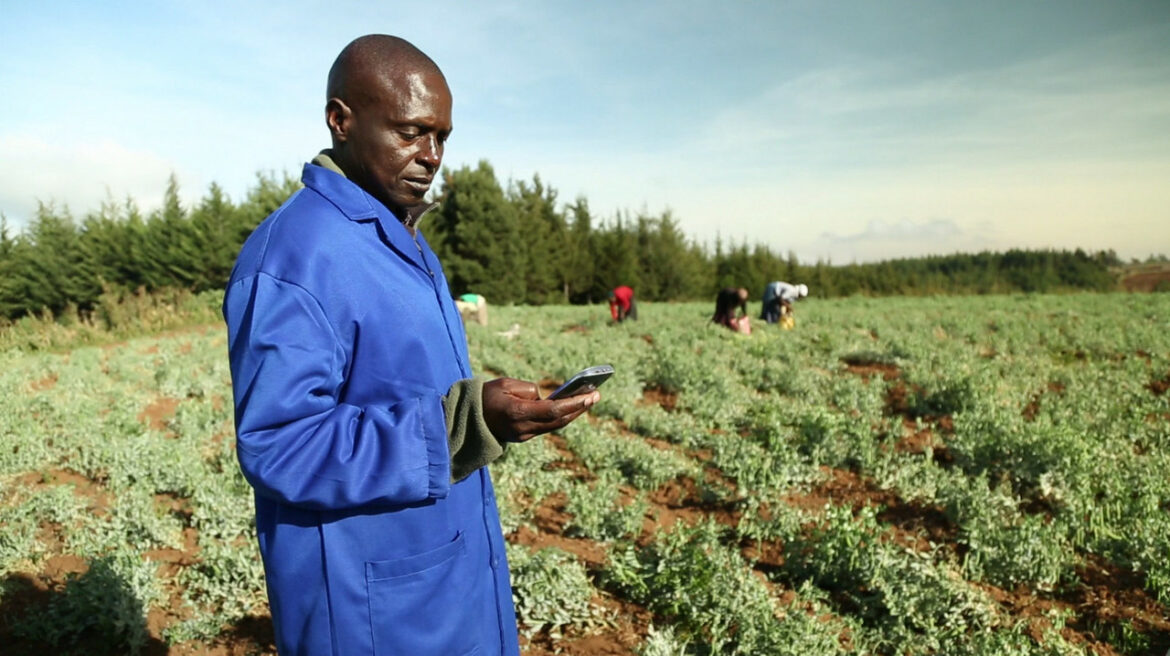Africa’s food sustainability hinges on adopting greener production methods and reducing waste. In recent times, Africa, like the rest of the world, has been grappling with a food crisis exacerbated by disruptions in the global supply chain due to various events such as the COVID-19 pandemic and the Ukraine-Russia conflict.
These disruptions have magnified existing challenges to the long-term viability of global food production, including population growth, climate change, and the increasing reliance on resource-intensive farming. The urgency of addressing this crisis has been underscored by a growing body of evidence, emphasizing the need for a swift transformation in how food is produced and distributed globally.
PwC’s Megatrends research has shed light on the enduring impact of climate change and demographic shifts on global food security, as well as the associated implications for living costs, poverty, and social stability. Andrew Dale, a partner at PwC Africa, emphasizes the necessity of prioritizing food security and affordability for global prosperity and well-being. He likens the current need for sustainable food production to the reconstruction efforts post-World War II, stressing the importance of rebuilding the food economy sustainably. Encouragingly, positive changes are underway in the food production value chain.
Sustainability concerns are gaining traction across Africa, with food producers and partners increasingly exploring sustainable agricultural practices. Regulators are also beginning to introduce new requirements, while consumers are demanding change. PwC’s report, “The Sustainable Food Revolution: Future-proofing the World’s Food Supply,” outlines strategies that the food industry can leverage to meet future nutritional demands sustainably without significantly inflating food prices.
These strategies include minimizing food losses in the supply chain, adopting cleaner and greener production methods, and promoting food substitutions at the consumption level. In a recent blog post focused on Africa, PwC delves into aspects related to minimizing food losses and implementing greener production methods. These include transitioning to organic farming for increased profitability, embracing agricultural technologies like AI and big data for precision farming, and addressing food losses within the distribution and retail processes.
Furthermore, PwC highlights the importance of regulatory changes and setting standards in reshaping food production practices. This shift towards sustainability reporting, animal welfare standards, and environmental metrics will significantly influence consumer choices and investor decisions.
As the food industry navigates this pivotal moment, stakeholders face a critical decision: proactively drive change or react to external pressures. Lullu Krugel, PwC Africa’s sustainability leader, stresses the importance of optimizing operations across the food supply chain while meeting evolving environmental and social expectations. Stakeholders must contemplate their role in driving change and maximizing its impact on their businesses and broader societies.
